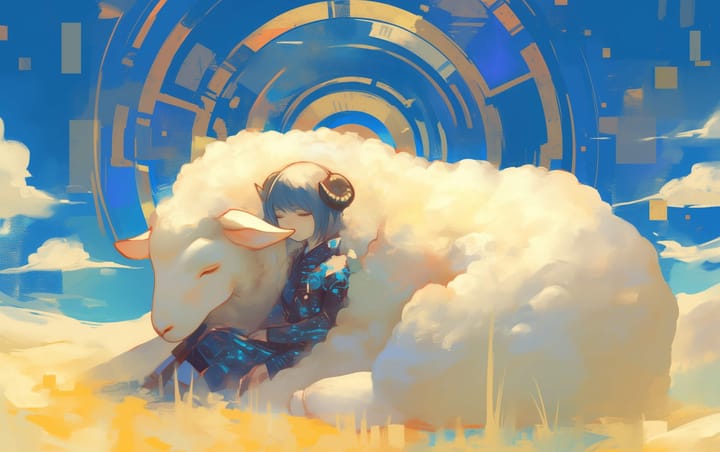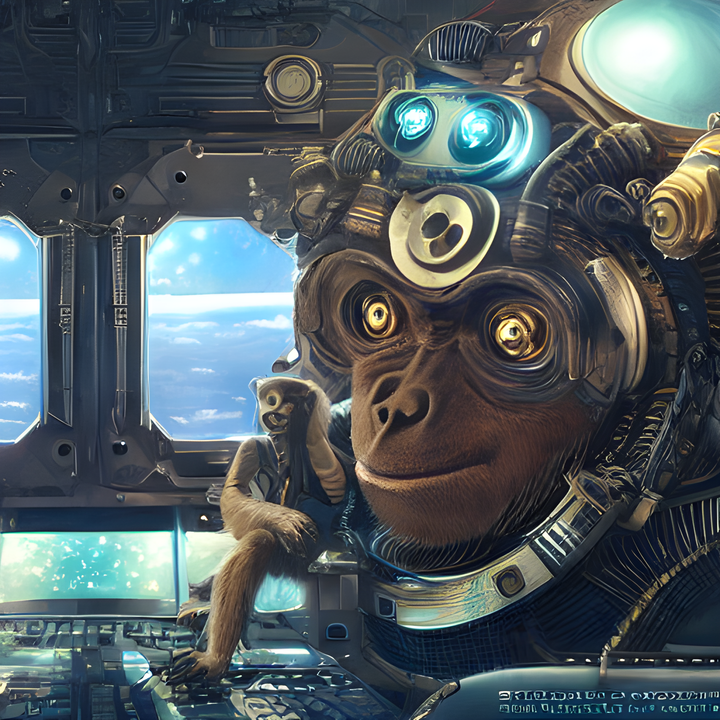We aren’t that remarkable
I've heard quite a few times that we, as a species, are terrible, destroying the Earth, ourselves, and that we are, all in all, the worse. That's assuming a lot. First and foremost, that we are as smart and great as we think ourselves to be.

Something irks me, regarding the discourse surrounding global warming. Some people say humanity is a virus. Others, that we are "the only beings capable of causing a mass extinction event all on our own."
I'm sorry, but that is plain wrong.
Not in that we aren't causing such a mass extinction event. We are.
Not because there is no climate change and global warming. There are.
But because we are just yet another lifeform wreaking havoc on it's ecosystem, eradicating a huge number of species of all kinds in the process.


